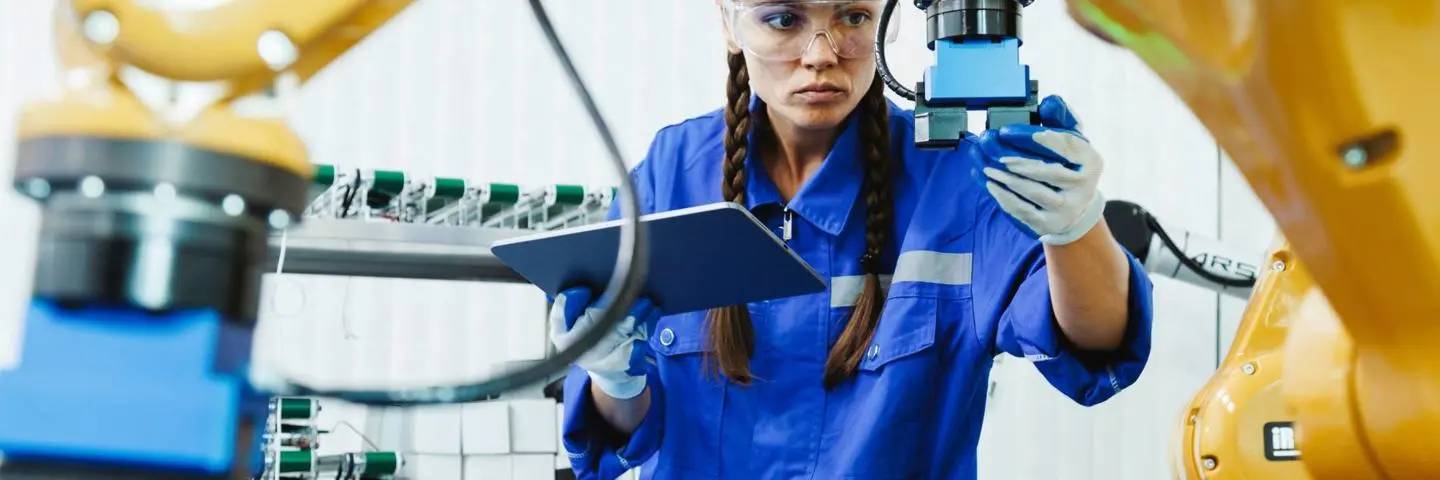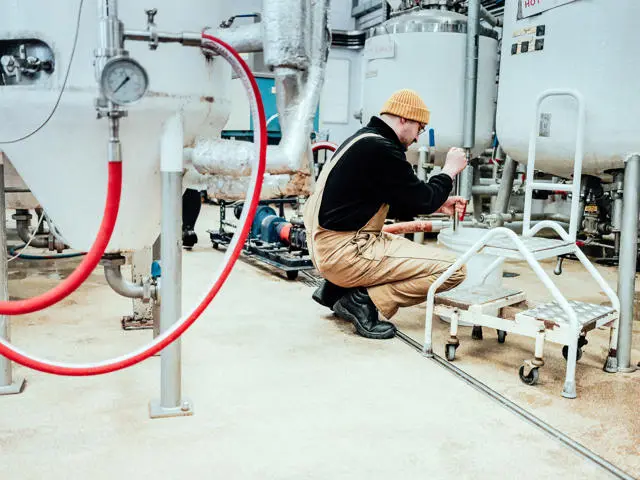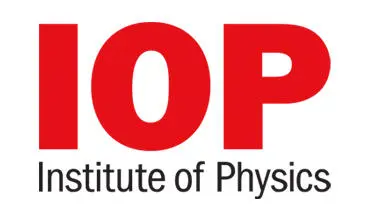Industrial partners

Accreditation
Our degrees are created to meet the needs of industry, and the School is committed to delivering the highest standard of academic excellence for our students. Our undergraduate and postgraduate programmes meet rigourous quality benchmarks and are recognised worldwide for being the first step towards a career as a professional and qualified engineer or scientist, and as the foundation to gaining chartered status. Our programmes are accredited by a range of professional bodies relevant to the area of expertise. All newly developed programmes are currently in the process of securing accreditation.
The following professional institutions and learned societies accredit one or more of our programmes:
Industrial Advisory Boards
Our departments benefit from Industrial Advisory Boards (IAB) which act as the cornerstone to our industrial engagement. The boards are made up of engineers and scientists, many of whom are Heriot-Watt graduates, who link us to a wide range of industries and employers.
The IABs purpose is to enhance Heriot-Watt's connection and communication with industry. The board updates staff on the education and skills expected of graduates, helping to revise programmes and curriculums, proposing ideas for and judging final year design and research projects, and by providing students with direct insight into industry through internship and work opportunities and guest lectures.
Diploma in Industrial Training
Many of the School's undergraduate degrees offer students the opportunity to take a year out between stages four and five to gain work experience and make their mark in some of the world's biggest and best companies. The Diploma in Industrial Training (DIT) lets students put their knowledge and skills into practice and gain an additional qualification to differentiate themselves from other graduates.
On successful completion of a DIT placement, students are eligible to apply for professional registration as a technician with the relevant accrediting institute.
Our award-winning careers service help find placements to suit each student, and supports them throughout with regular check-ins.
Explore our DIT programmes

Brewing and Distilling and Diploma in Industrial Training BSc (Hons)
Our BSc Brewing and Distilling trains you to be a future manager of the malting, brewing and distilling industries.

Physics with Industrial Placement
Study MPhys Physics with Industrial Placement and combine an advanced physics education with a one year industry placement in photonics, quantum technology, and engineering.

Chemistry with Placement MChem
Chemistry degree in Edinburgh with a year working in the chemical industry or studying abroad. Benefit from a variety of staff training and assessment courses.
Commercial and industrial partnerships
Innovation is the lifeblood of Heriot-Watt University. Through our strategic partnerships with industry, provision of business incubation, support for start-ups and commercial spinouts – we excel in translating academic excellence into real-world solutions.
Find out how we can collaborate




